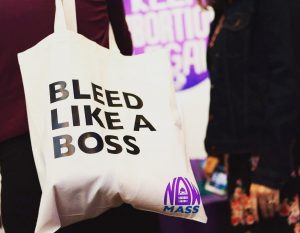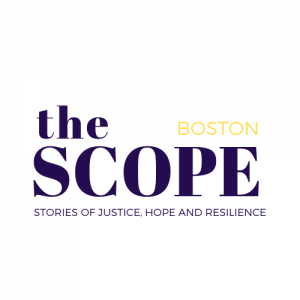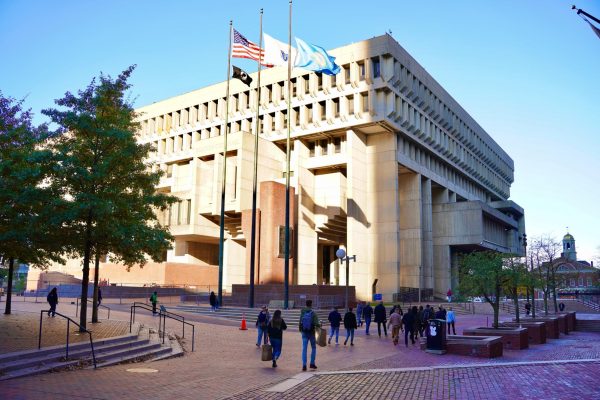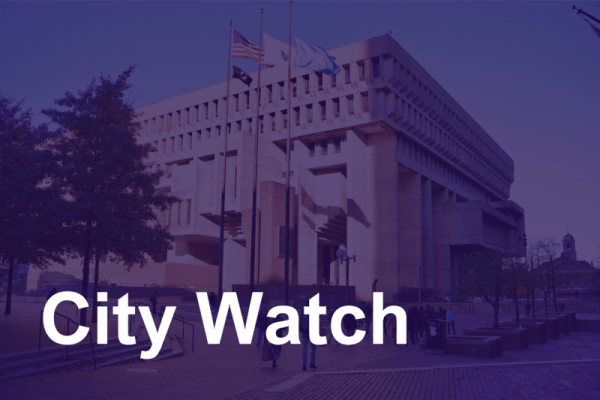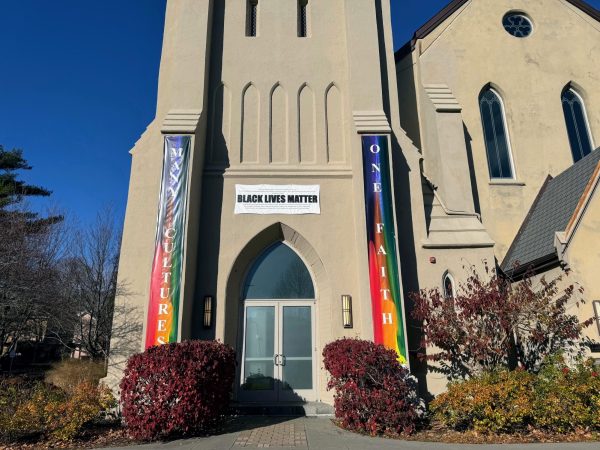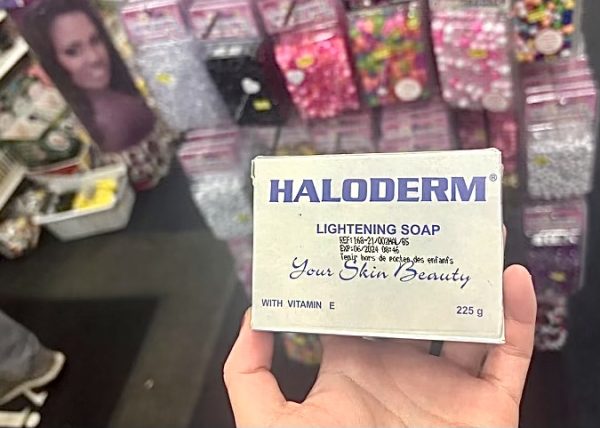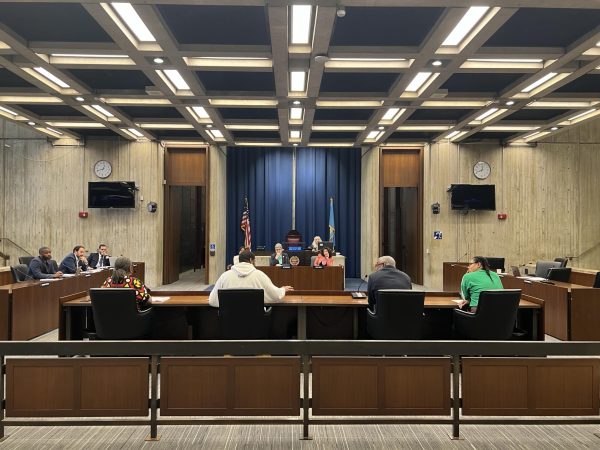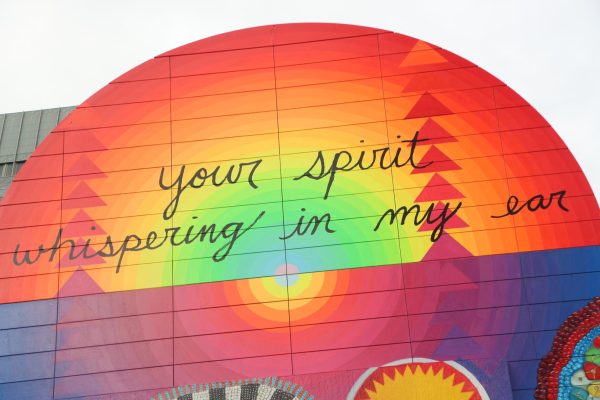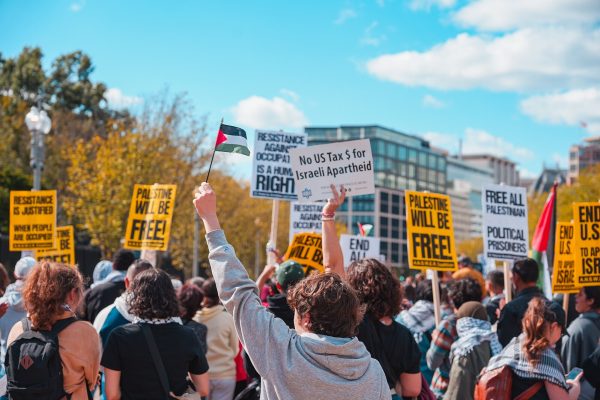Boston City Council meeting September 16, 2020
All councilors were present with the exception of Councilor Matt O’Malley for the Boston City Council meeting on Sept. 16, 2020, which was held virtually through the video-conferencing app Zoom and live-streamed.
The following dockets were presented and discussed, one docket, docket #0987, was adopted:
Docket #0980
Councilor Annissa Essaibi-George offered an order for a hearing regarding services for autistic students in the Boston Public Schools.
“I filed past hearing orders on inclusion and dyslexia to draw attention to the current disparities in quality and availability of those services for students in the Boston Public Schools. The same is true for our autistic students,” Essaibi-George said. “We need to make sure that parents, teachers and the administration are all on the same page regarding the service options for our autistic students, so that they get a high quality education equal to their peers.”
The docket was referred to the committee on education.
Docket #0983
Councilor Kenzie Bok offered an order for a hearing regarding plans to support Boston’s restaurants and bars, including closed street pedestrian events to “help draw customers in a safe and pro-public health way.” Councilor Liz Breadon was added as an original co-sponsor.
The Massachusetts Restaurant Association predicts that about 20% of restaurants in the state have permanently closed due to the COVID-19 pandemic. Restaurant owners are worried about what investments they’ll need to make to survive the winter once serving in outdoor spaces becomes infeasible.
“In losing our local restaurants, we lose not only places to drink and eat but also community gathering places and really important employers and often serial independent entrepreneurs who have created lots of real employment opportunities,” Bok said. “We’re all waiting on federal action, but I think we have to do as much as we possibly can from the city side.”
The docket was referred to the committee on small business and workforce development.
Docket #0984
Councilors Kim Janey and Julia Mejia offered an order for a hearing to review the Melnea Cass Boulevard Design Project. Councilor Michelle Wu was added as an original co-sponsor.
The city had proposed removal of 124 trees along Melnea Cass Boulevard in Roxbury as part of the design project and has since withdrawn its proposal. The associated councilors call to review the project with emphasis on racial and environmental justice and inclusion of those directly impacted in the decision making process.
“I understand what the frustrations of many residents are feeling, particularly the long-term residents who have seen over the course of time, so many decisions happening in our city that impact them directly but that they have had no voice in,” Janey said.
High rates of asthma and other respiratory issues exist in poor Black and brown communities throughout Boston, especially in Roxbury and the South End, and COVD-19 has exacerbated these pre-existing conditions.
“What we need to do is shift the narrative in making sure that people of color understand how heat wave and not having trees can help, in many ways, increase violence in our neighborhoods,” Mejia said. “If we don’t have green space for us to be able to breathe and enjoy, that’s going to impact the quality of life.”
The docket was referred to the committee on planning and development.
Docket #0985
Mejia offered an order for a hearing discussing permits for at-home entrepreneurs.
When constituent Andre moved to Boston from Los Angeles, he found that he wasn’t able to sell food made in his home. While Massachusetts state laws allow for residential kitchens, Boston has not yet approved them.
“Boston is a city filled with entrepreneurs whose only problem is that they lack the financial support to build and expand their businesses,” Mejia said. “Entrepreneurs of color are finding it especially hard to open up businesses in the neighborhoods that have historically excluded them. By allowing people to set up shops in their homes … we’re creating pathways to create wealth and revenue in low-income neighborhoods.”
This permit would not only provide wealth, Mejia said, but also provide resources for food in neighborhoods that often lack “nutritional, local and culturally-confident foods.”
Breadon also spoke to Andre about the importance of spaces where entrepreneurs could have access to a commercial kitchen to make foods to sell at farmers markets, etc. She expressed concern about industrial spaces where small-scale production entrepreneurial centers could be built instead becoming residential developments.
The docket was referred to the committee on small business and workforce development.
Docket #0987
Mejia offered a resolution recognizing Sept. 15 through Oct. 15 as Hispanic Heritage Month in the City of Boston. Janey was added as an original co-sponsor.
The Latino community comprises 20% of Boston’s total population and 42% of children in Boston Public Schools. Due to the COVID-19 pandemic, the city postponed traditional celebrations of Hispanic heritage, such as the Dominican Day and Puerto Rican Day parades.
“There’s still an opportunity to celebrate and educate ourselves in new ways about Hispanic heritage and their contributions to this country,” Mejia said. “We have the first ever Afro-Latina on the city council, and for the first time ever, a Latinx councilor representing Hyde Park, Roslindale and Mattapan from District 5. We have come a long way, but we still have a long way more to go.”
The docket was adopted.


